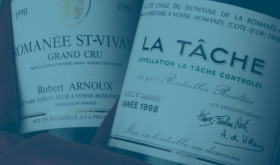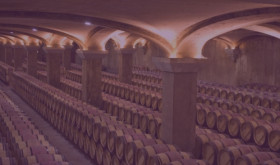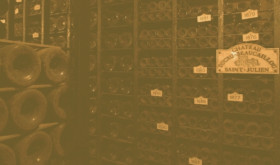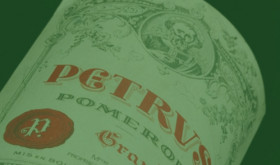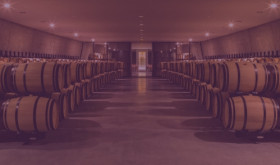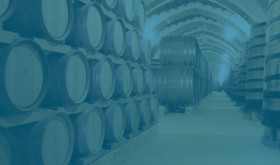
- Passion investing refers to collecting items you love and want to keep for the long term.
- Some of the most popular passion assets that can yield substantial returns are rare stamps and coins, art, classic cars, luxury watches and fine wine.
- Passion investing offers a unique blend of personal fulfilment and financial opportunity, allowing investors to engage deeply with their interests while potentially earning returns.
Passion investing represents a unique and emotionally rewarding approach to building wealth, diverging from traditional investment avenues like stocks, bonds, or real estate. This investment strategy is grounded in the acquisition of tangible assets that spark personal joy and enthusiasm, ranging from art and vintage cars to rare stamps, luxury watches, and fine wines.
Such investments not only have the potential to appreciate in value over time but also provide intrinsic satisfaction and a deep sense of personal fulfilment. This article offers an overview of passion investing, highlighting the diverse assets involved and the unique benefits they offer, with a particular emphasis on the allure of fine wine.
The spectrum of passion assets
Some of the most common passion investments are art, classic cars, luxury watches and fine wine.
Rare stamps and coins
Collecting stamps and coins is one of the oldest forms of passion investing. Rare specimens, especially those with errors or historical importance, can fetch significant sums. Collectors revel in the history and stories behind their acquisitions, adding a layer of intellectual engagement to the financial investment.
Art
Investing in art involves purchasing pieces from emerging or established artists with the expectation that their value will increase over time. Art investors often enjoy the aesthetic and cultural significance of their collections, providing an emotional return that transcends monetary gains.
Classic cars
Classic car enthusiasts invest in rare and historic automobiles, driven by a passion for automotive design and engineering. These vehicles often appreciate in value, especially well-maintained models or those with historical significance, offering financial rewards alongside the thrill of ownership and driving.
Luxury watches
The market for luxury watches has seen substantial growth, with vintage and limited-edition timepieces appreciating significantly. Enthusiasts appreciate the craftsmanship, history, and prestige associated with high-end watches, making this a passion investment that combines personal enjoyment with potential financial returns.
Fine wine
Fine wine stands out as a particularly intriguing passion investment. Beyond the potential for appreciation in value, wine collectors derive pleasure from the nuances of wine tasting, the history of vineyards, and the art of winemaking. This section will delve deeper into fine wine as a case study in passion investing.
The unique appeal of fine wine investment
Fine wine embodies the essence of passion investing by offering both tangible and intangible returns. As a consumable asset, its value can appreciate due to factors like rarity, vintage quality, and global demand. Fine wine investment attracts those who are not only looking for financial gains but also for the enjoyment of collecting, tasting, and learning about wine.
Diversification and stability
Fine wine has demonstrated a relatively stable investment performance, often showing resilience in the face of economic downturns. Adding fine wine to an investment portfolio can provide diversification, reducing overall risk and smoothing out volatility.
Enjoyment and experience
Investing in fine wine is as much about the experience as it is about the potential financial returns. Collectors often take pride in hosting tastings, visiting vineyards, and immersing themselves in the rich culture and history of wine-making, which adds a deeply personal dimension to the investment.
Inflation hedge
Tangible assets like fine wine can serve as a hedge against inflation. As the value of money decreases, the value of physical goods can increase, protecting the purchasing power of the investor’s capital.
Passion investing offers a unique blend of personal fulfilment and financial opportunity, allowing investors to engage deeply with their interests while potentially earning returns. Successful fine wine investing requires knowledge and expertise. Investors should familiarize themselves with the wine market, including factors that affect wine prices and the best practices for buying, storing, and eventually selling wine for profit. Proper storage is crucial to maintain the quality and value of the wine, and provenance plays a significant role in its appreciation.
To find out how investment in fine wine works in practice, read our in-depth Fine Wine Investment Guide.

